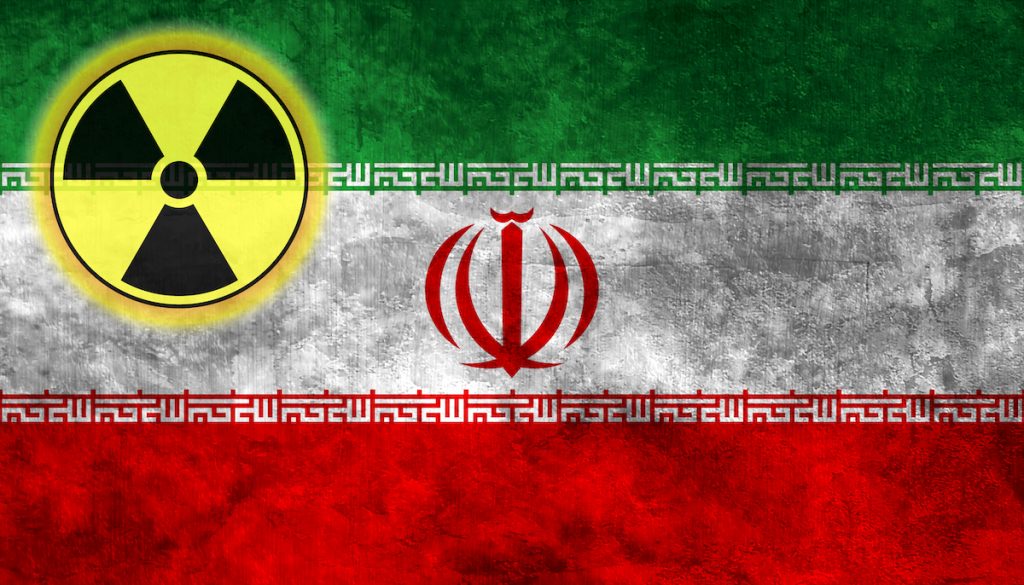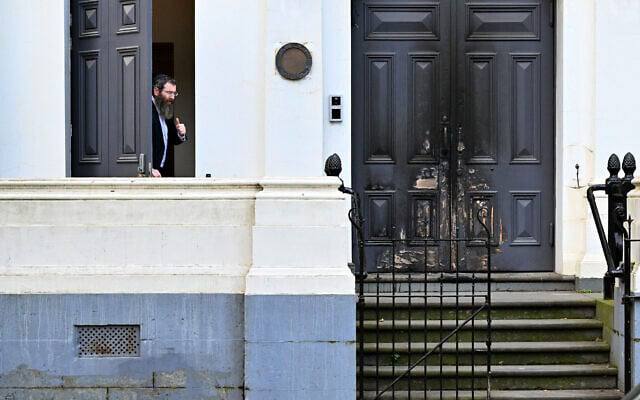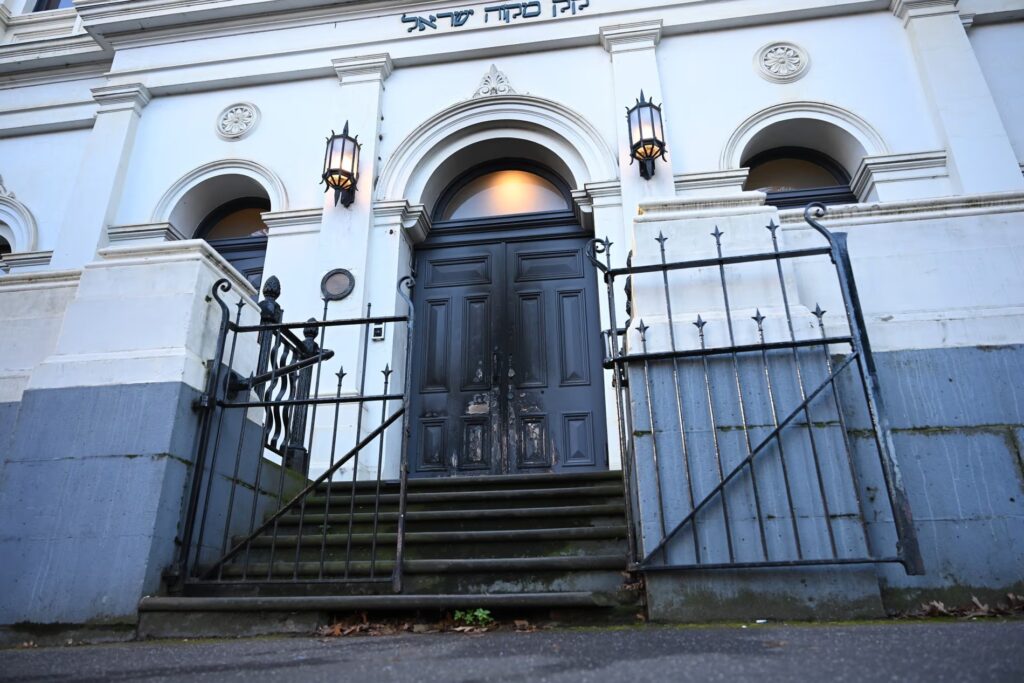IN THE MEDIA
A Plan B on Iranian nukes is now a necessity
December 8, 2021 | Colin Rubenstein

Daily Telegraph – 8 December 2021
Disappointed European negotiators reporting back after the first week of the seventh round of Iran nuclear talks, which resumed in Vienna last week after a five-month halt thanks to Teheran’s delaying tactics, warn Iran has backtracked on promises made in previous rounds. Iran now demands a substantively weaker agreement than the 2015 nuclear deal. This certainly cannot lay the groundwork for the “stronger and longer” deal to improve on the Joint Comprehensive Plan of Action (JCPOA) nuclear deal that US President Joe Biden says is necessary to prevent Iran’s radical, terror-supporting, ruling regime from developing nuclear weapons.
Much has happened since the previous round of talks, none of it encouraging. Iran has accelerated its nuclear violations, including enriching increasing quantities of uranium to 60%, just short of weapons-grade, and is producing enriched uranium metal, a material used almost solely in nuclear bomb cores.
Furthermore, Israel just warned the US of signs Iran may be preparing to enrich uranium to 90 percent or more – that is, full military-grade. Current estimates are that once Iran decides to do so, it can accumulate enough enriched uranium for a bomb core in only three to six weeks (though actually making a bomb and mounting it on a missile will take longer.)
Worse still, the international community is increasingly flying blind as to what is actually happening in Iran’s nuclear facilities. Iran has been severely limiting International Atomic Energy Agency (IAEA) inspectors’ ability to do their job since March. IAEA head Rafael Grossi has been saying these restrictions create “a significant challenge to the Agency’s ability to restore… continuity of knowledge” about what is happening in Iran. A rush visit Grossi made to Iran in late November to try to resolve the inspection problems made no significant progress.
Meanwhile, at the Vienna negotiating table, Iran’s new hardline government under Ebrahim Raisi shows no interest in narrowing the gaps between the two sides. Teheran is refusing to allow the US to be part of the face-to-face negotiations or to confirm the talks can resume from where they left off in June. As a precondition for returning to the original JCPOA, Iran is insisting upon the removal of all economic sanctions against it, even those unrelated to the nuclear program. It also wants a guarantee that no future US president could ever reimpose them, as former President Trump did in 2018 when he pulled the US out of the agreement – an impossible demand.
Proliferation experts say Iran’s goals in Vienna appear twofold: firstly, to drive a wedge between the US and the Europeans to buy time to continue to advance its nuclear program, and secondly, to persuade the US to accept a face-saving interim agreement that would trade partial and temporary nuclear concessions for the removal of most sanctions.
Given the closeness of Iran to a nuclear weapons breakout, the world cannot afford to simply wait and hope the diplomatic Vienna track will bring Iran back into compliance. The administration urgently needs to have in place a “Plan B” which would attempt to change Iran’s nuclear trajectory through vastly increased sanctions and the threat of a credible military option.
This absolutely cannot wait.
Iran’s total disregard for the JCPOA in recent years has completely changed the assumptions and points of reference about the state of its nuclear program that the original agreement was based upon.
As US Secretary of State Antony Blinken noted in October, “We are getting close to a point at which returning to compliance with the JCPOA will not in and of itself recapture the benefits of the JCPOA.”
Obviously, this would be even truer for any deal that yields only a partial return to compliance.
With little indication that the renewed negotiations will change Iran’s course, there is a growing need for new pressure points to signal to the regime that the Vienna talks are not open-ended and Iran’s ever-increasing violations will not go unanswered. Indeed, reflecting growing US exasperation at the weekend, Blinken bemoaned that Teheran “does not seem to be serious” while another US official said that one possible outcome looming is no JCPOA and more sanctions on Iran.
For Australia, preventing Iran from developing nuclear weapons is a matter of national interest enjoying bipartisan support and endorsement of Australia’s defence agencies. A nuclear Iran would hurt Australia’s interests in numerous ways – increasing global instability and terrorism, threatening energy flows and likely sparking nuclear proliferation across the volatile Middle East. Canberra should take advantage of the opportunity created by its new trilateral AUKUS security partnership to urge the US, UK and others negotiating with Iran to urgently develop a strong backup plan to the Vienna talks – which are likely to fail, and cannot resolve the Iranian nuclear danger even if a return to the obsolete JCPOA is achieved.
Dr. Colin Rubenstein is Executive Director of the Australia/Israel & Jewish Affairs Council (AIJAC).





